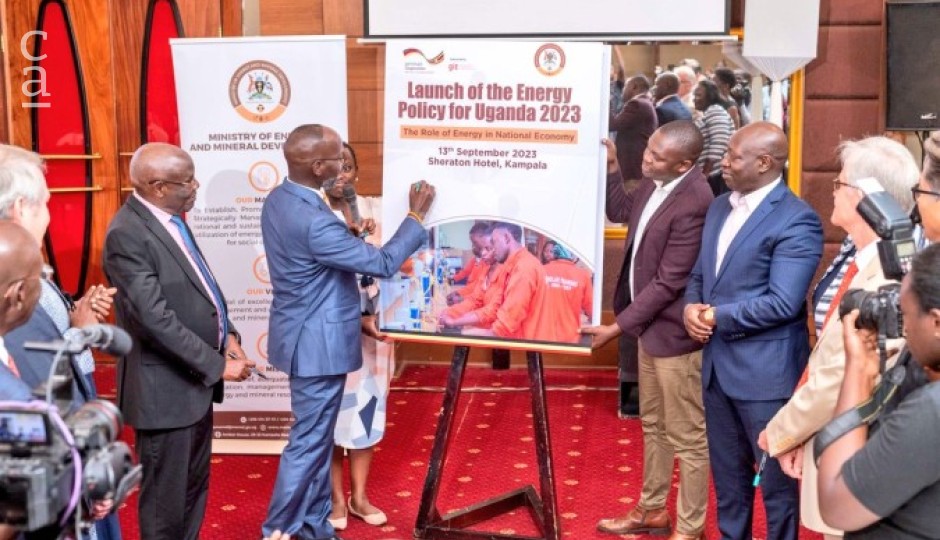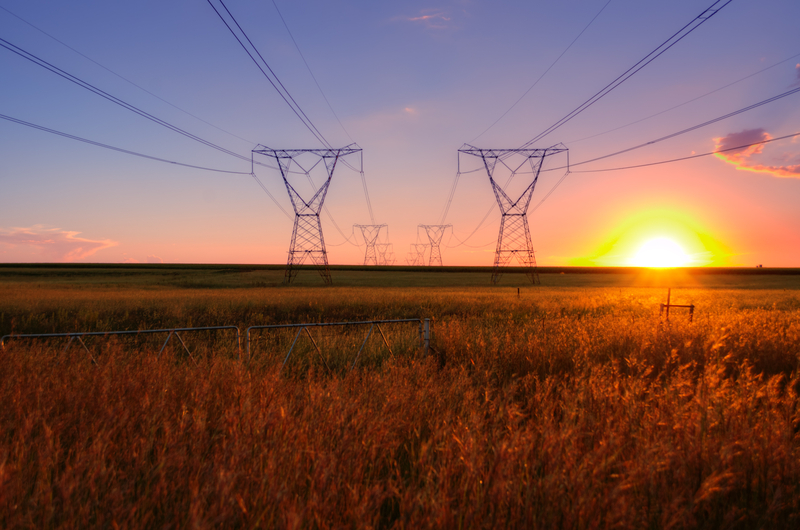Eastern Africa
Uganda Plans 50GW Generation Capacity Increase by 2040
US$250 billion of investment will be needed over 17 years.

Uganda’s Ministry of Energy officially launched its new energy policy on 13 September at the Sheraton Hotel in Kampala. The Energy Policy For Uganda 2023 document sets out investment policy for the country’s energy sector up to 2040 with the aim of achieving universal access to electricity and ensuring energy
Want to continue?
Subscribe to get access to premium content
By subscribing you get access to the Newsfeed, Tenders, Events



